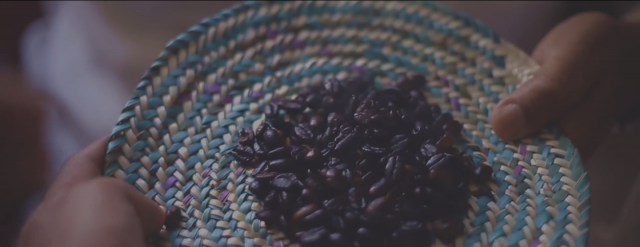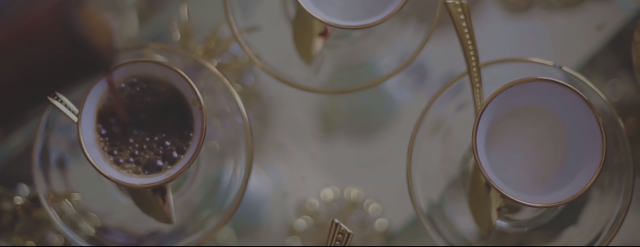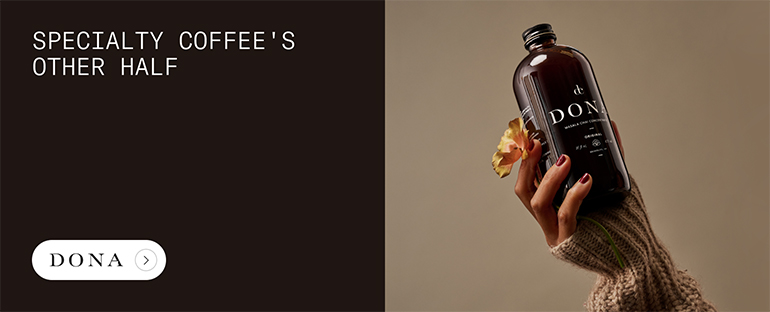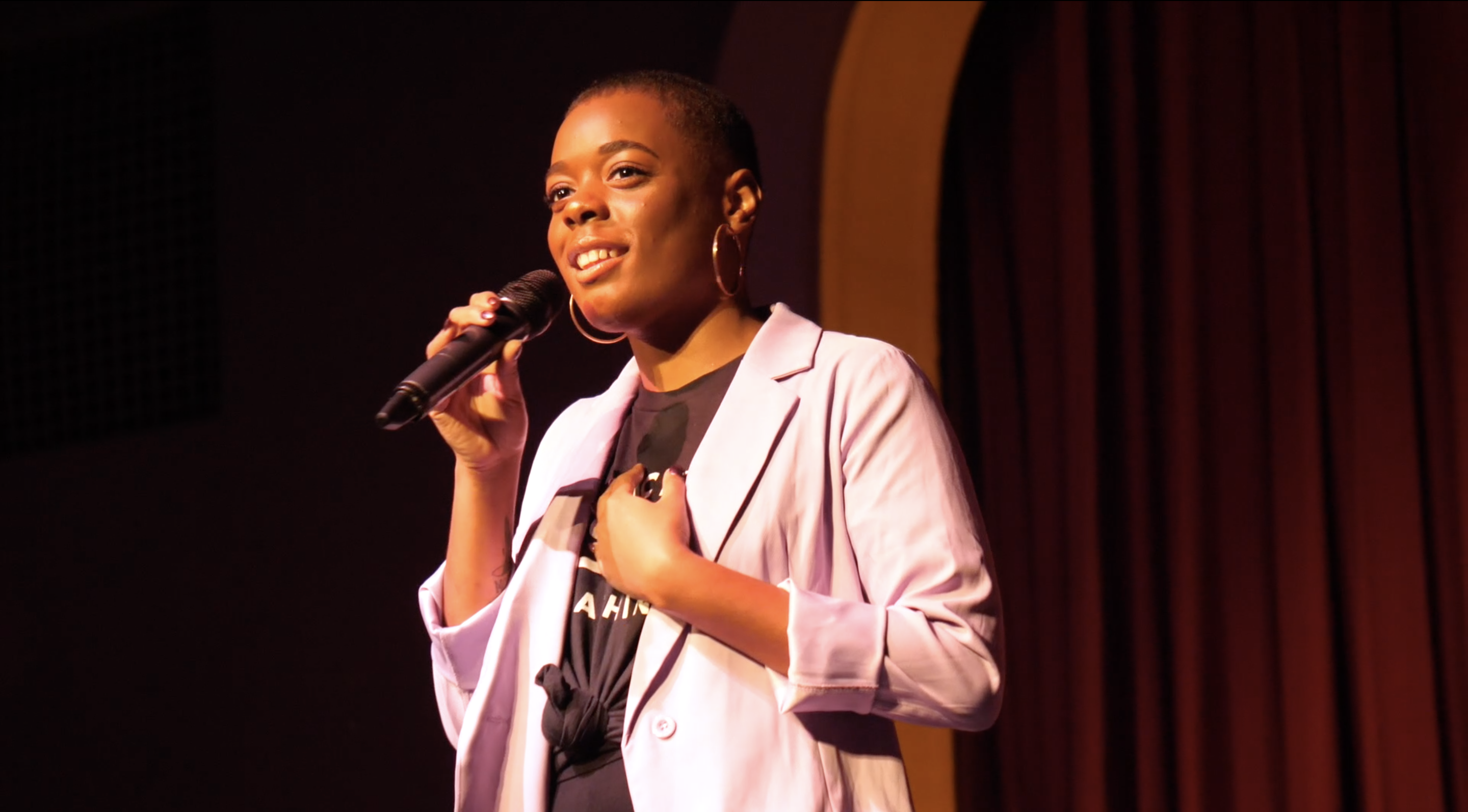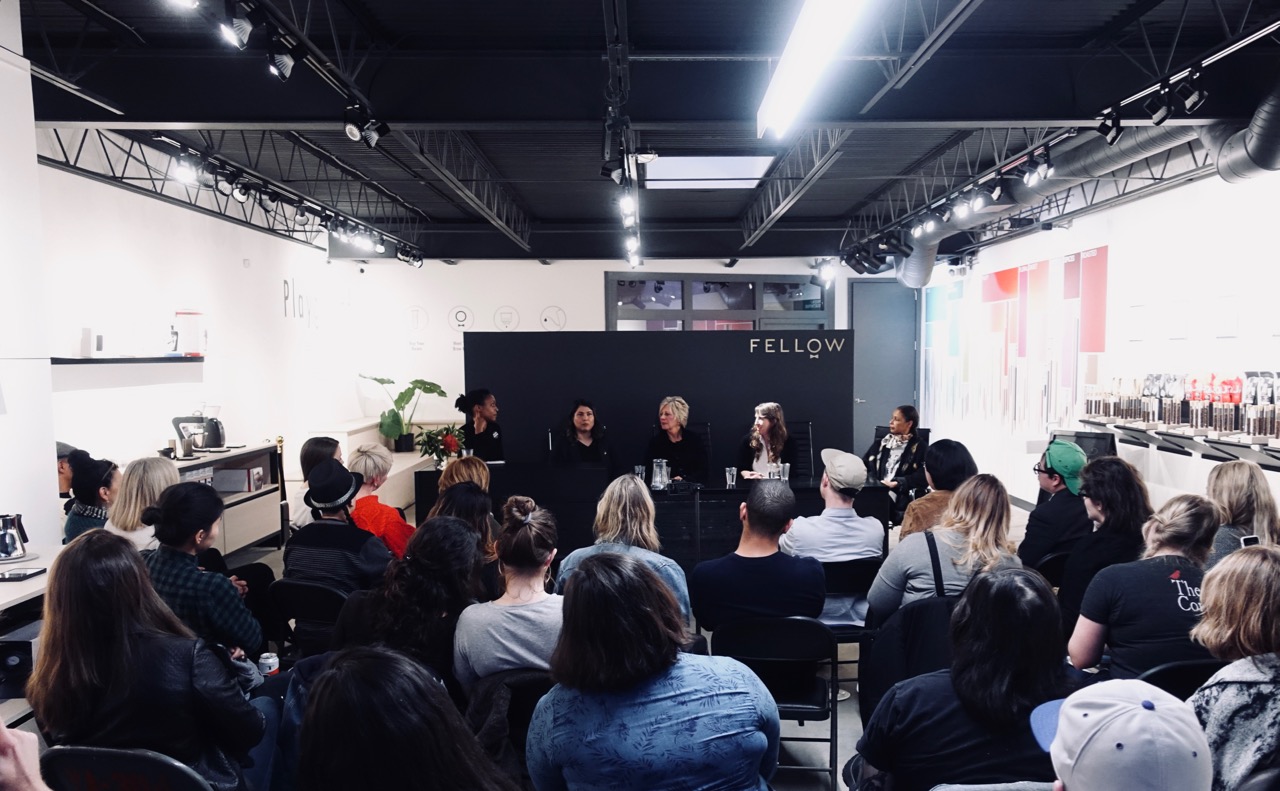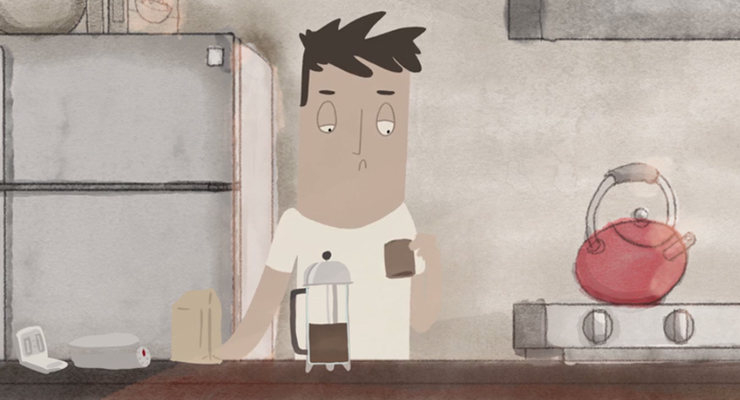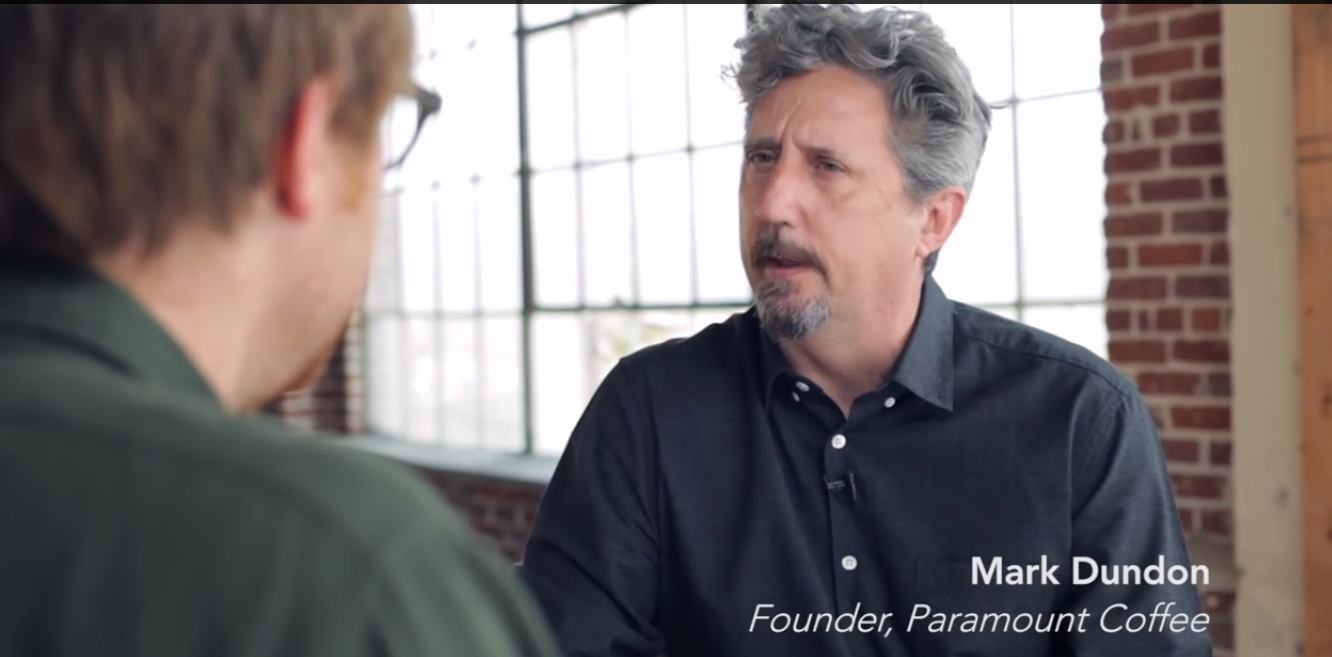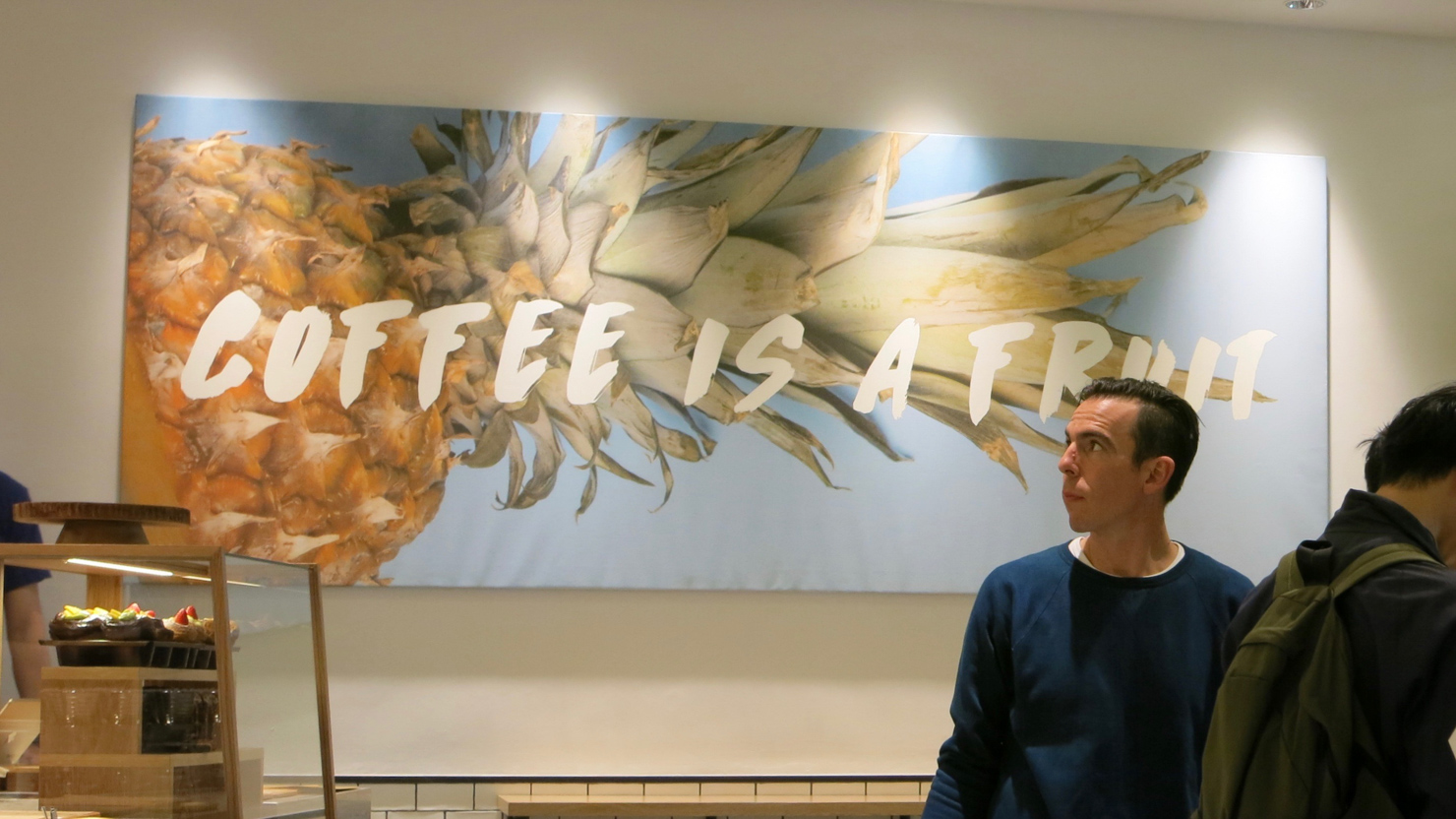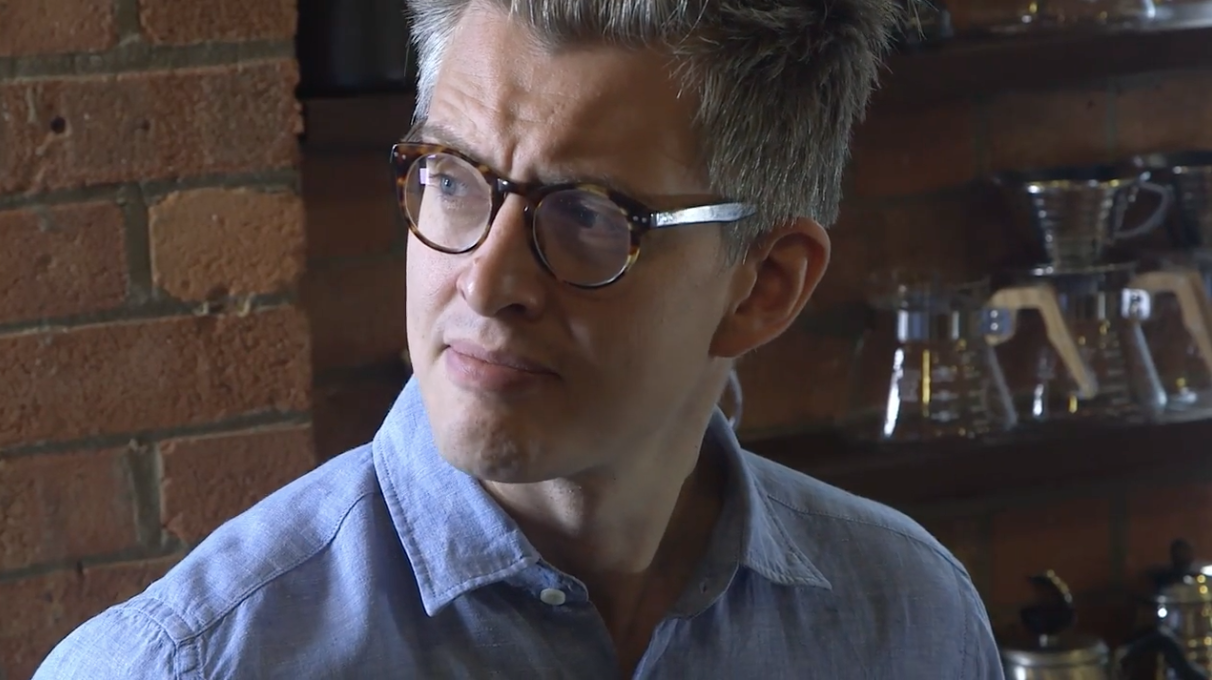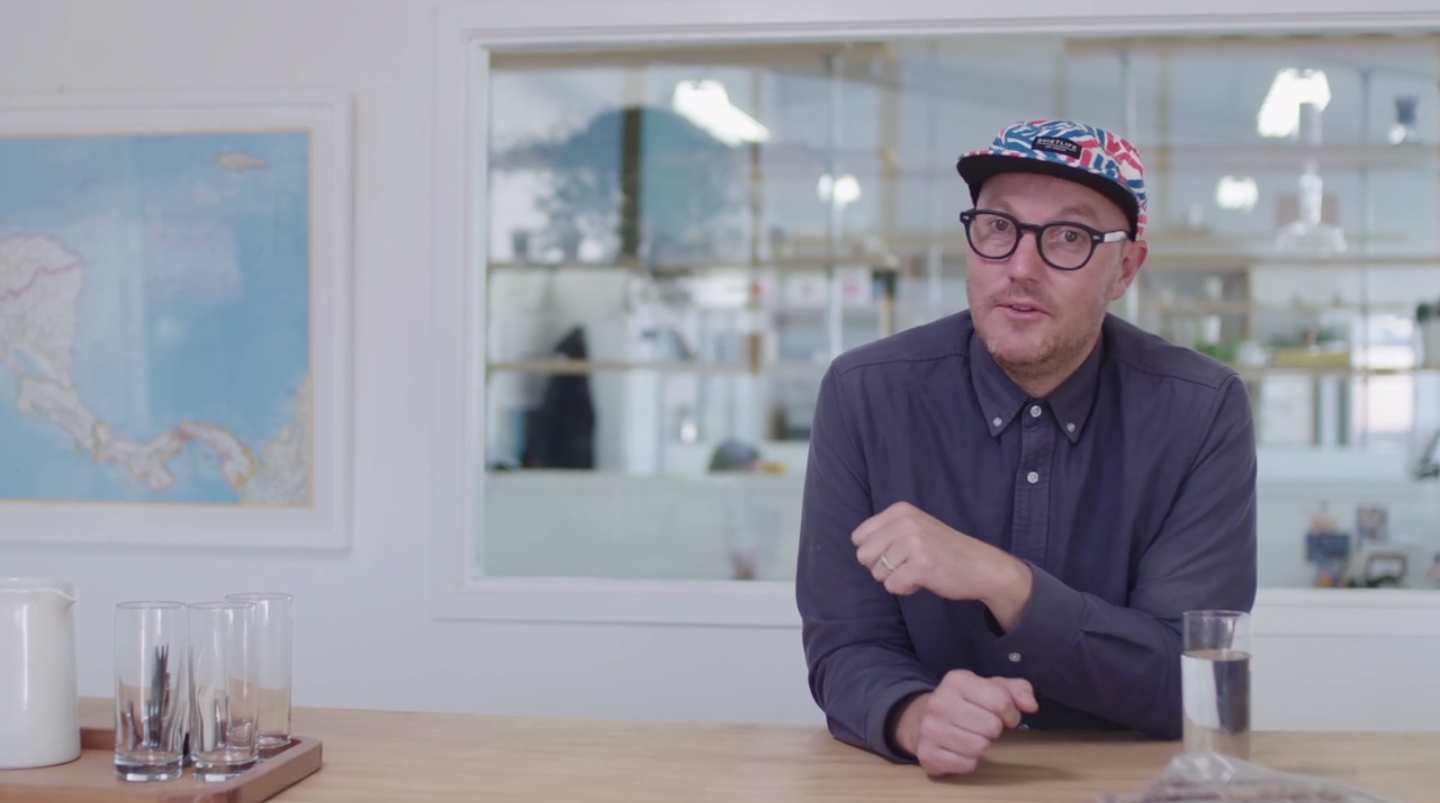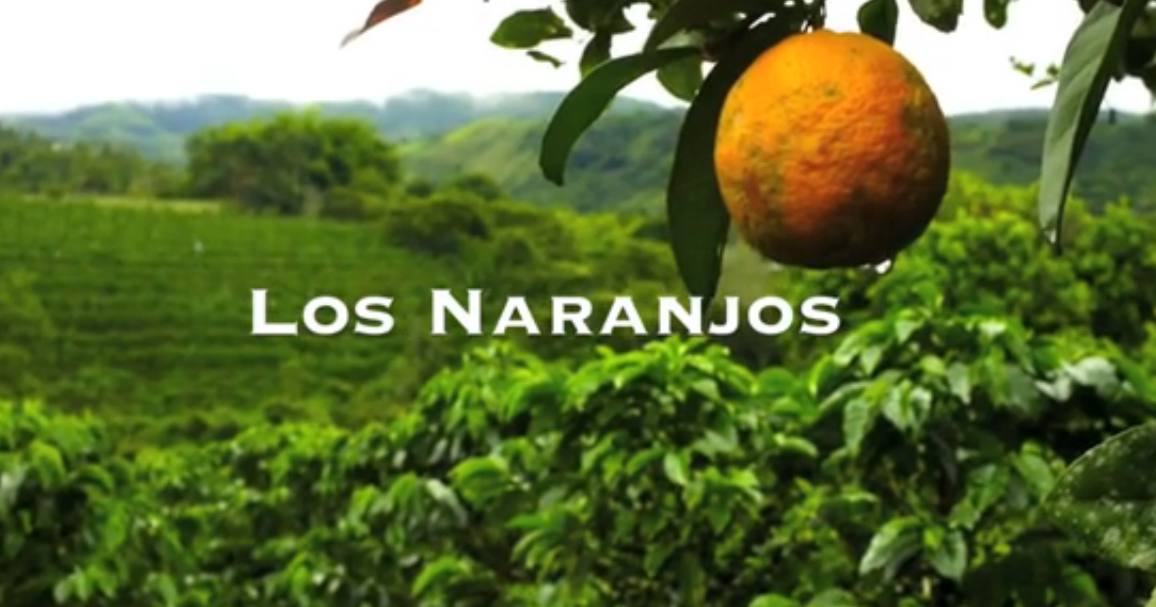“Being careful about such rituals is key to evoking happy memories and protecting them from dying off.”
The intense sensual appeal and romance of coffee is an experience that is capable of transcending all cultures and borders. “Mom’s Coffee,” a video from director Ridwhan Jamal of The Flying Camel, captures that truth beautifully in its depiction of an Eritrean coffee ceremony. This film is about the special place this ceremony of communal affirmation and memory can serve in the hearts of the global Eritrean diaspora.
Eritrea is a small nation lying directly to the north of Ethiopia. The two countries have a bitter and contentious history, despite sharing many cultural similarities and some overlapping ethnic groups. Eritrea was first colonized by the Italians, before becoming part of a federation with Ethiopia in 1947. Ethiopia quickly began exerting control over Eritrea and formally annexed it in 1962, which led to a bloody 30 year war of independence, culminating in Eritrea becoming an independent state in 1993. President Isaias Afewerki’s regime has ruled Eritrea unilaterally since that point, keeping a tight lid on any attempts at an independent press or pro-democracy movements. The country’s borders with both Ethiopia and Sudan remain closed and guarded.
This history of turmoil has caused many Eritreans to flee the country, creating a transnational community from the USA to Sweden to Malaysia. “Mom’s Coffee” captures the shared cultural memories tying this community together beautifully:
Eritrean coffee ceremonies have many similarities to Ethiopian coffee ceremonies, from the roasting by hand, to the passing around of the beans on a small rush mat called a mishrafat to appreciate the aromas, to the serving of popcorn and other snacks alongside the three (or more) rounds of strong coffee, served in small cups called finjals. In the ceremony, the coffee is brewed in a ceramic pot called a jebena–Eritrean jebena usually have a single spout for brewing and pouring the coffee, which is filtered by a horsehair filter that you can see at 2:19 in the video, while Ethiopian jebena usually have a separate spout for pouring the coffee.
The coffee is brewed in a method with similarities to the cevze/ibrik brewing of Turkish and other Mediterranean coffee traditions, where the ground beans and water are heated in the vessel, with a bubbling crust (which you can see at 1:30 in the video) being allowed to rise and then fall multiple times before serving. You can read more about the ceremony at Eritrea.be, INeedCoffee, Chef Marcus Samuelsson’s site, and at Jetset Times.
The coffee ceremony is a traditional social touchstone for these communities, occurring at times of celebration, remembrance, and as an everyday gathering. Mr. Jamal’s video captures this uniting power of coffee beautifully. It ends with the explanation that coffee can be “an abode to a people accustomed to parting…to a person whose only residence is his departure.”
A sentiment that any world-weary traveller can surely relate to.
You can find The Flying Camel on Twitter at @FlyingCamelPro and on Facebook. H/T thanks to Peter Giuliano for mentioning this video via Twitter.












